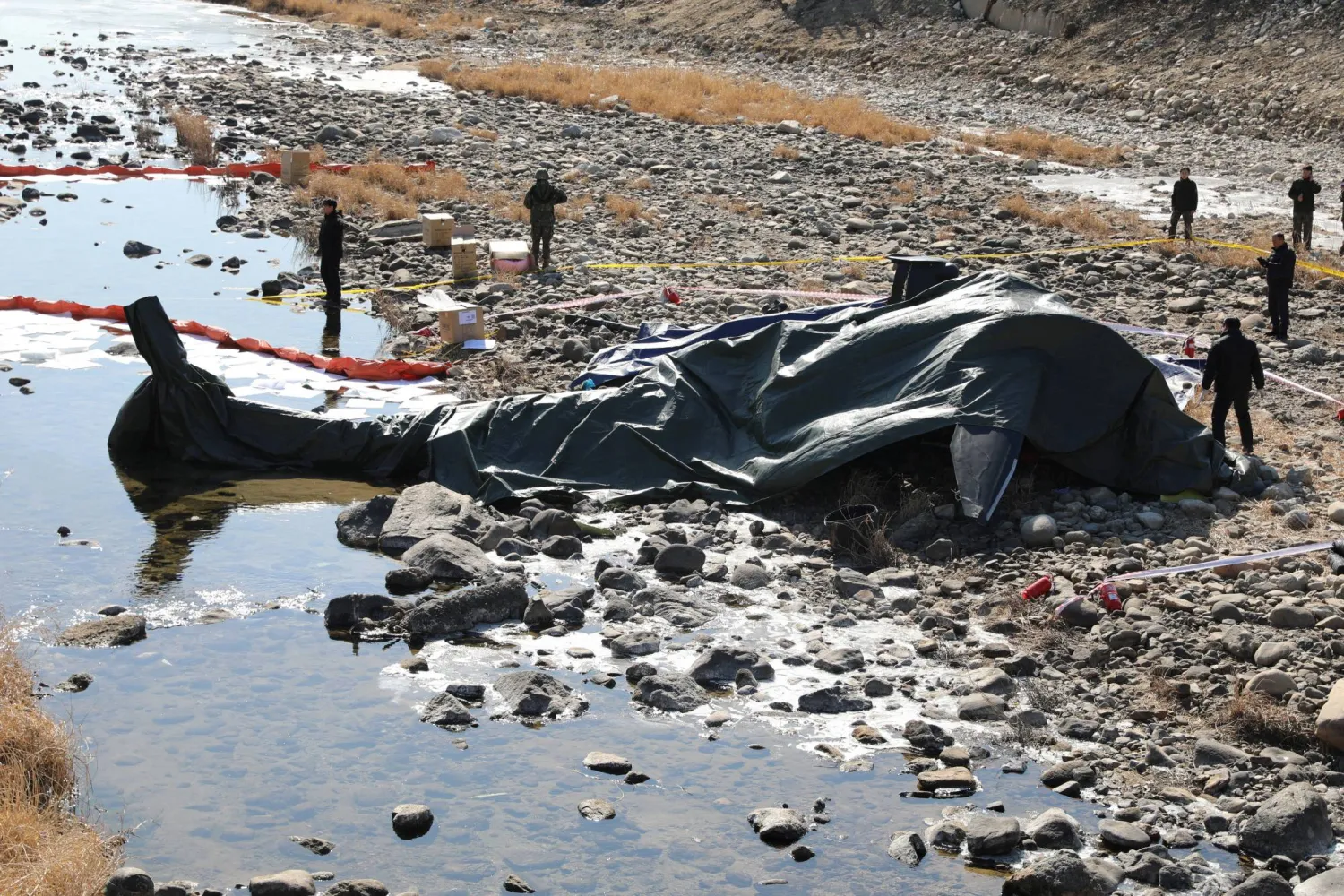CIA Director William Burns delivered a confidential warning to Russia’s top intelligence services that they will face “consequences” if they are behind the string of mysterious health incidents known as “Havana Syndrome” afflicting US diplomats and spies across the world.
In a report published on Thursday, The Washington Post said Burns raised the issue with the leadership of Russia’s Federal Security Service (FSB) and the country’s Foreign Intelligence Service (SVR) during a visit to Moscow earlier this month, according to US officials familiar with the exchange.
Burns said that causing US personnel and their family members to suffer severe brain damage and other debilitating ailments would go beyond the bounds of acceptable behavior for a “professional intelligence service,” according to the officials who spoke on the condition of anonymity.
In response to the report, the Kremlin said Russia had nothing to do with the Syndrome.
Kremlin spokesperson Dmitry Peskov said the issue had not been discussed in political meetings during the CIA director’s trip or with President Vladimir Putin.
He said he could not comment on private conversations held with Russia’s security services.
“Here we can only firmly deny any hints, suggestions or statements about the supposed involvement of the Russian side in these cases,” said Peskov. “We don’t have anything to do with this.”
Moscow has previously denied any involvement in the Havana Syndrome incidents, a phenomenon named after the Cuban capital where US diplomats and intelligence officers first reported unusual and varied symptoms — from headaches and vision problems to dizziness and brain injuries — that started in 2016.
The main purpose of Burns’s trip to Moscow was to put the Kremlin on notice that Washington was watching its troop buildup on the border of Ukraine and would not tolerate a military attack on the country, officials said.
The inability to determine a cause of the health incidents has rankled members of Congress and infuriated the US diplomats and intelligence officials who say they suffer from the affliction.
The Biden administration has sought to demonstrate that it is taking the cases seriously and has encouraged employees across the federal government to report any potential health issues they may be experiencing.
In recent months, two senior US officials were replaced after being accused of failing to take the incidents seriously enough: the CIA station chief in Vienna, where dozens of US spies and diplomats have reported AHIs, and Ambassador Pamela Spratlen, the State Department’s top official overseeing Havana Syndrome cases.
Secretary of State Antony Blinken appointed Jonathan Moore, a career diplomat, to head the Health Incident Response Task Force and another senior Foreign Service officer, Margaret Uyehara, to ensure that those affected by the ailment receive medical care.
Burns has publicly described the incidents as “attacks,” and some US officials suspect they are the work of Russian operatives.
Other officials have attributed them to a psychogenic illness experienced by individuals working in a high-stress environment.
Those blaming Russia speculate that it could be using energy weapons to sicken US personnel, while others have noted that there is scant evidence connecting the use of energy weapons to the symptoms reported.
In July, Burns placed a senior CIA officer who played a leading role in the hunt for Osama bin Laden in charge of the task force investigating the cause of the illnesses.
In August, two US employees in Hanoi reported symptoms just before Vice President Harris arrived in the Vietnamese capital on an official diplomatic trip. The diagnoses delayed her visit by a few hours.
In September, an intelligence officer traveling with Burns in India reported symptoms of Havana Syndrome and required medical attention, current and former officials said. Some saw that incident as a message to CIA leaders that they, too, can be targeted anywhere.









